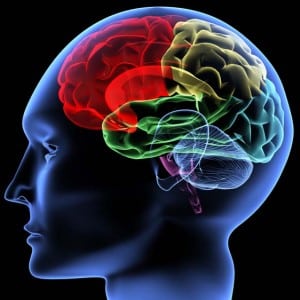
Sleep Hygiene Techniques
7 to 9 Hours of Uninterrupted Sleep… Sounds easy, right? Unless you are part of the 1 in 3 American adults who don’t get enough sleep, according to the CDC. Sleep deprivation can be caused by many things- sleep disorders, children, work or homework, to name a few. But do you


